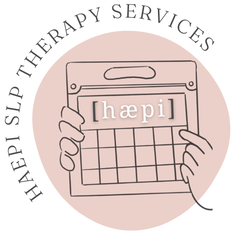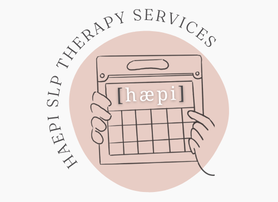|
Real talk: I used to always use person-first language (e.g., person with Autism). I even had a disagreement in my grad school class with a prof who stated that identity-first was better since it made the disability "less memorable" if it was near the start of the sentence versus the end of the sentence. Cue a bunch of random research that didn't have anything to do with what each individual community preferred... Since that time, I've committed to learning and listening to Autistic voices, and something that has been expressed by the majority of Autistic individuals is the preference towards identity-first language, but not for the reason my prof said (actually quite the opposite!). Identify-first language reflects the belief that being Autistic is an inherent part of a person's identity, while person-first language reflects the belief that Autism can be separated from an individual. We know that Autism is a neurodiversity that results in a different way of seeing and interacting with the world, so it makes sense that many Autistic individuals would prefer language that is validating to their experiences and is not pathologizing. While speech-language *pathologists* do treat communication concerns, being Autistic is not - and should not be considered - one of them. by Halle Demchuk, SLPPaediatric SLP | GLP-Trained Clinician | Owner of HAEPI SLP |
The HAEPI BlogCheck here for HAEPI updates, helpful SLP information, free resources, articles, and more!
Archives
June 2024
Categories
All
|
Empowering Happy Communicators |
get in touch |
Quick Links |
© HAEPI SLP THERAPY SERVICES.
HAEPI SLP Therapy Services is proudly neurodiverse, Indigenous-owned, and woman-operated.
We acknowledge that the City of Thunder Bay has been built on the traditional territory of Fort William First Nation, signatory to the Robinson Superior Treaty of 1850. We also recognize the contributions made to our community by the Métis people. We strive as guests on these lands to honour our responsibilities to care for this land and uphold the Treaties that were signed therein.



